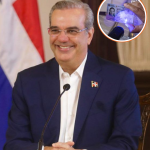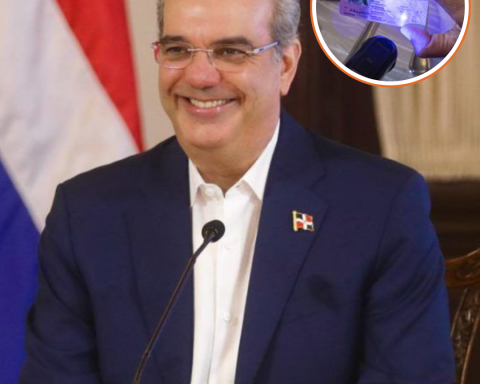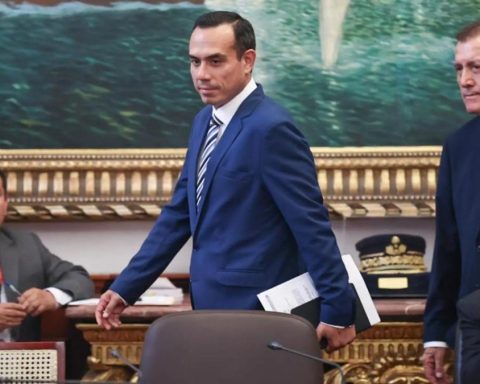The Civil Police of Rio de Janeiro carried out Operation Zero Need this Monday (14), against fraud against the Porto Saúde insurance company, which sells health plans. The estimated loss is around R$11 million.
An arrest warrant was served against the alleged leader of the organization identified as Adriana Neves Castro. She was arrested at home, in the municipality of Itaguaí, metropolitan region of Rio.
According to investigations, the fraud was complex and sophisticated, simulating employment relationships of more than 800 people in shell companies, created exclusively for the purpose of contracting business plans. These insurances were then improperly marketed to individuals, who would not have the right to purchase collective plans – without a waiting period.
According to investigations, 10 front companies were created to fraudulently contract corporate health plans. The companies do not have their headquarters at the addresses they inform the insurance company, with the majority being created at addresses with non-existent numbers.
During the investigation, some of the beneficiaries of the investigated companies reported that they purchased health plans to undergo medical procedures that would not be covered by plans due to the waiting period, such as bariatric surgeries, childbirth and even brain tumor removal.
The victims would have contracted the plans, paying monthly amounts to Adriana who passed on part of the amounts received to her son in a typical asset concealment movement.
The investigated would have created a “shortage exemption fee”, sold for amounts ranging from R$3,000 to R$5,000 per customer. Thus, in just six months last year, criminals moved more than R$2 million.
According to the police, the gang led by Adriana had the participation of an accountant, responsible for opening shell companies and attracting clients. The investigations showed that the accused were located in busy places offering health plans, and there was also suspicion of the participation of a doctor, responsible for several bariatric surgeries, who recommended his patients to contract these health plans.
According to agents from the 12th police station, in Copacabana, south zone of Rio, responsible for the investigation, “this is only the first phase of the investigation, which had the support of the Public Ministry and the Financial Activities Control Council (Coaf )”. In this Monday’s action, in addition to the arrest warrant against the leader of the criminal organization, the agents carried out five search and seizure warrants.
Porto Saúde said it identified the fraud and notified the police.
“Porto Saúde informs that it identified the fraud scheme and provided all the necessary information for the investigations that resulted in the operation launched on Monday (14). The opening of companies with false employment contracts to contract collective health plans is an illegal practice that causes harm not only to operators, but also to consumers who legitimately depend on the private health system. Therefore, the company has invested in combating fraud and remains available to collaborate with the authorities.”
FenaHealth
In a note, the National Supplementary Health Federation (FenaSaúde) reported that the entity’s Health Without Fraud campaign resulted in more legal decisions against scammers who defrauded health plan and insurance operators.
Launched in March last year, the campaign encouraged operators to intensify the fight against fraud and reinforce civil and criminal actions against scammers. The note informs that the schemes used by fraudsters have reached the point of using even fake digital banks.
“Fraud harms all health plan beneficiaries because it increases their costs and everyone ends up paying for it. When we launched the Health Without Fraud campaign in 2023, we gave a very clear message and operators will remain firm in this fight because it is I need to be aware that fraud of this type can have serious consequences for those who practice it, as we see now”, said the executive director of FenaSaúde, Vera Valente.
A survey by the Institute of Supplementary Health Studies (IESS), released last year, revealed that losses resulting from fraud and waste for the sector in 2022 were estimated between R$30 billion and R$34 billion — equivalent to something between 11.1% and 12.7% of total supplementary health revenue.
FenaSaúde has a direct channel for reporting fraudwhich has already received 195 cases since its launch in May 2022, adding to the cases registered with the Civil Police and the Public Ministry.
Article expanded to include the FenaSaúde note, at 8:27 pm
















